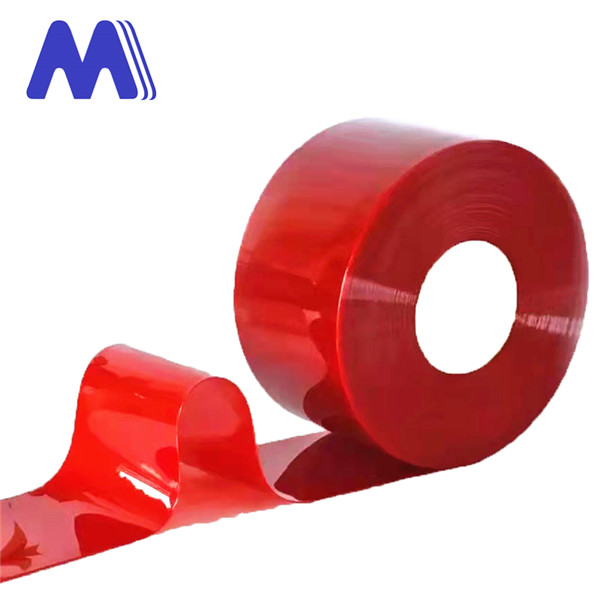- Afrikaans
- Albanian
- Amharic
- Arabic
- Armenian
- Azerbaijani
- Basque
- Belarusian
- Bengali
- Bosnian
- Bulgarian
- Catalan
- Cebuano
- Corsican
- Croatian
- Czech
- Danish
- Dutch
- English
- Esperanto
- Estonian
- Finnish
- French
- Frisian
- Galician
- Georgian
- German
- Greek
- Gujarati
- Haitian Creole
- hausa
- hawaiian
- Hebrew
- Hindi
- Miao
- Hungarian
- Icelandic
- igbo
- Indonesian
- irish
- Italian
- Japanese
- Javanese
- Kannada
- kazakh
- Khmer
- Rwandese
- Korean
- Kurdish
- Kyrgyz
- Lao
- Latin
- Latvian
- Lithuanian
- Luxembourgish
- Macedonian
- Malgashi
- Malay
- Malayalam
- Maltese
- Maori
- Marathi
- Mongolian
- Myanmar
- Nepali
- Norwegian
- Norwegian
- Occitan
- Pashto
- Persian
- Polish
- Portuguese
- Punjabi
- Romanian
- Russian
- Samoan
- Scottish Gaelic
- Serbian
- Sesotho
- Shona
- Sindhi
- Sinhala
- Slovak
- Slovenian
- Somali
- Spanish
- Sundanese
- Swahili
- Swedish
- Tagalog
- Tajik
- Tamil
- Tatar
- Telugu
- Thai
- Turkish
- Turkmen
- Ukrainian
- Urdu
- Uighur
- Uzbek
- Vietnamese
- Welsh
- Bantu
- Yiddish
- Yoruba
- Zulu
PVC Sheets for Versatile Applications and Creative Projects
The Versatile Use of PVC Sheets
Polyvinyl chloride (PVC) sheets are among the most versatile and widely used materials in various industries today. With their excellent durability, adaptability, and ease of use, PVC sheets have become an essential component in construction, manufacturing, and even in everyday products. This article explores the advantages, applications, and environmental considerations surrounding PVC sheets.
Advantages of PVC Sheets
One of the primary benefits of PVC sheets is their resilience and durability. They are resistant to moisture, chemicals, and physical impacts, making them an ideal choice for environments that may experience harsh conditions. Additionally, PVC sheets do not corrode, which is a significant advantage over metal materials in many applications.
Another key advantage is the lightweight nature of PVC sheets. This characteristic makes them easier to handle and transport compared to heavier materials like glass or metal. Their lightweight property also contributes to lower shipping costs and simplified installation processes, which is particularly beneficial in construction projects.
Furthermore, PVC sheets can be manufactured in various thicknesses, colors, and textures, providing endless possibilities for customization. This versatility allows designers and engineers to use them in diverse applications, ranging from aesthetic wall panels to functional agricultural covers.
Applications of PVC Sheets
The applications for PVC sheets are extensive and varied. In the construction industry, they are commonly used for wall cladding, roofing, and window frames due to their weather resistance and low maintenance requirements. PVC sheets can also be found in the manufacturing of doors, partitions, and other interior design elements, offering both functionality and aesthetic appeal.
sheets in pvc

In the commercial sector, PVC sheets are utilized in signage and displays because of their ability to be printed on easily and their capacity to withstand outdoor conditions without fading. They also provide excellent insulation, making them a popular choice for energy-efficient solutions in building projects.
In the agricultural industry, PVC sheets are used in greenhouse coverings and other agricultural structures. Their ability to allow light penetration while providing protection against pests and environmental factors makes them a valuable resource for farmers looking to optimize crop growth.
Moreover, PVC sheets find their place in the medical field, where they are used in the production of medical equipment and protective barriers due to their hygienic properties and ease of sterilization.
Environmental Considerations
Despite their usefulness, PVC sheets are not without controversy, particularly concerning environmental impact. The production and disposal of PVC can release harmful chemicals, leading to potential environmental and health risks. However, advancements in recycling technologies are making it increasingly possible to recycle PVC sheets, reducing the demand for virgin material and minimizing waste.
Moreover, many manufacturers are now committed to producing eco-friendly PVC sheets, which include additives that enhance recyclability and lower the environmental footprint of the material. This shift towards sustainable practices is crucial as industries strive to meet environmental regulations and consumer preferences for greener products.
Conclusion
In conclusion, PVC sheets are a crucial material in today’s world, offering a significant range of benefits, from durability to versatility in application. While there are valid concerns regarding their environmental impact, ongoing advancements in production and recycling practices are paving the way for more sustainable use of this versatile material. As industries continue to innovate and prioritize eco-friendliness, the future of PVC sheets seems promising, ensuring their place in various applications for years to come.
-
High-Quality PVC Strip Bulk Rolls – Anti-Insect, Plastic & Standard PVC Strip Curtains for Industrial UseNewsJul.08,2025
-
High-Quality Plastic Strip Door Curtain La Gama – Keep Spaces Fresh and HygienicNewsJul.08,2025
-
Plastic Flaps for Freezer Doors – Durable & Efficient Plastic Strips and CurtainsNewsJul.08,2025
-
Industrial Plastic Curtains for Efficient Temperature Control Durable Strip Doors for Butchers & RefrigeratorsNewsJul.07,2025
-
High-Quality PVC Door Curtain – Magnetic & Transparent Options for Efficient SeparationNewsJul.07,2025
-
High-Quality 냉장실용 커튼 for Efficient Cooling Durable PVC Coated Wire Mesh RollosNewsJul.06,2025



